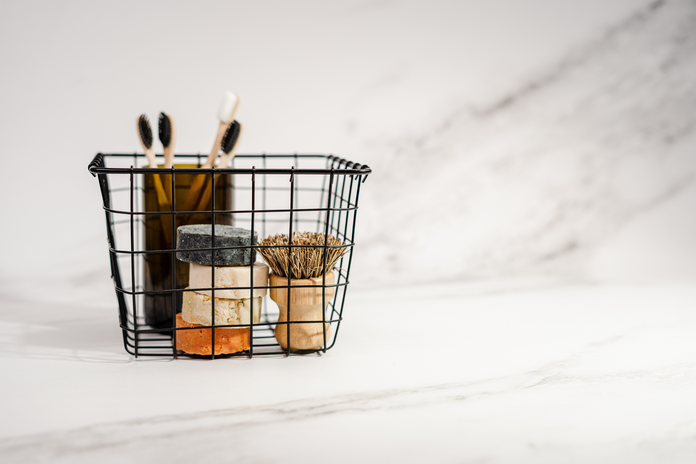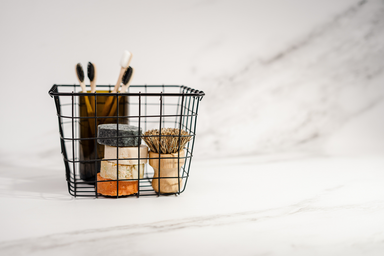Whether you’ve been a longtime advocate, or just recently become aware of the state of our planet, it has become apparent that our generation has awoken to the atrocities of climate change. As overwhelming as the topic of climate change is, I’ve found these eco-friendly lifestyle changes simple enough to adopt. No matter your lifestyle, one of these habits could be for you!
Shopping:
Throughout the summer, I’m sure we’ve all dabbled in online shopping. With an influx of shelter-in-place orders, it feels like our generation’s thrifting spirit has been snuffed out. But it doesn’t have to be! ThredUp is an online thrifting platform for the earth-minded consumer to easily buy second-hand clothing online or through an app.
Dairy Choices:
A simple change in your choice of dairy goes a long way! While a 2% milk latte makes for cute coffee art, choosing non-dairy kinds of milk shifts your consumer support towards more eco-friendly milk production. Plant-based kinds of milk—such as almond, soy, and oat milk—are perfect alternatives for dairy. Some even come in different flavors! After the second sip, you won’t even miss dairy.

Cleaning:
Switching to an eco-friendly scrubbing tool instead of disposable sponges greatly reduces the amount of synthetic pollution your kitchen produces. The Package Free website sells a dish washing brush for only ten dollars, among a plethora of other eco-friendly products. This specific tool is made of beechwood and comes with an interchangeable head so that whenever your brush’s bristles degrade, you can replace it for $5.

Food:
Using beeswax wrap is an incredible way to decrease your plastic waste. Instead of wrapping your fruits or open bowls with plastic, try using reusable beeswax wrap. These wraps are priced at $15
and up. But don’t worry, there are alternatives if that is a little out of your budget. You can DIY your own for less than $10. All you need is a 100% cotton cloth, beeswax and an oven. I personally bought a cotton bag from my local Japanese dollar store for $1.50 and five bars of beeswax on Amazon for $5.
DIY Beeswax Wrap:
1. Cut your cloth to the desired size
2. Shred enough beeswax to spread across both sides of your wrap
3. Bake each side for 5 minutes at 200°F
4. Use for fruits, vegetables or open dishes
5. To clean, rinse your wrap with warm water
You can also start your own compost bin to naturally break down food scraps and condition natural fertilizer for your garden or houseplants! I started off with an inexpensive bin and compostable bags from a local drugstore.
DIY Compost Bin:
1. Poke holes in the lid of your bin for aeration
2. Add your greens (plant based scraps) and browns (carbon rich scraps, i.e. coffee grounds) in a 2 to 1 ratio and mix with a scoop of soil
3. Turn (mix) your compost bin every so often so that it remains damp
4. If your compost is too dry, spray with water
For more composting tips, visit MyMove’s article on indoor composting!
It’s easy to be overwhelmed by the impending challenges of the effects of climate change. But by starting small, and making changes in our choices as a consumer, we can all do our part to take care of our planet. If you try out any of our tips, make sure to tag us on Instagram at @HerCampusSJSU!



